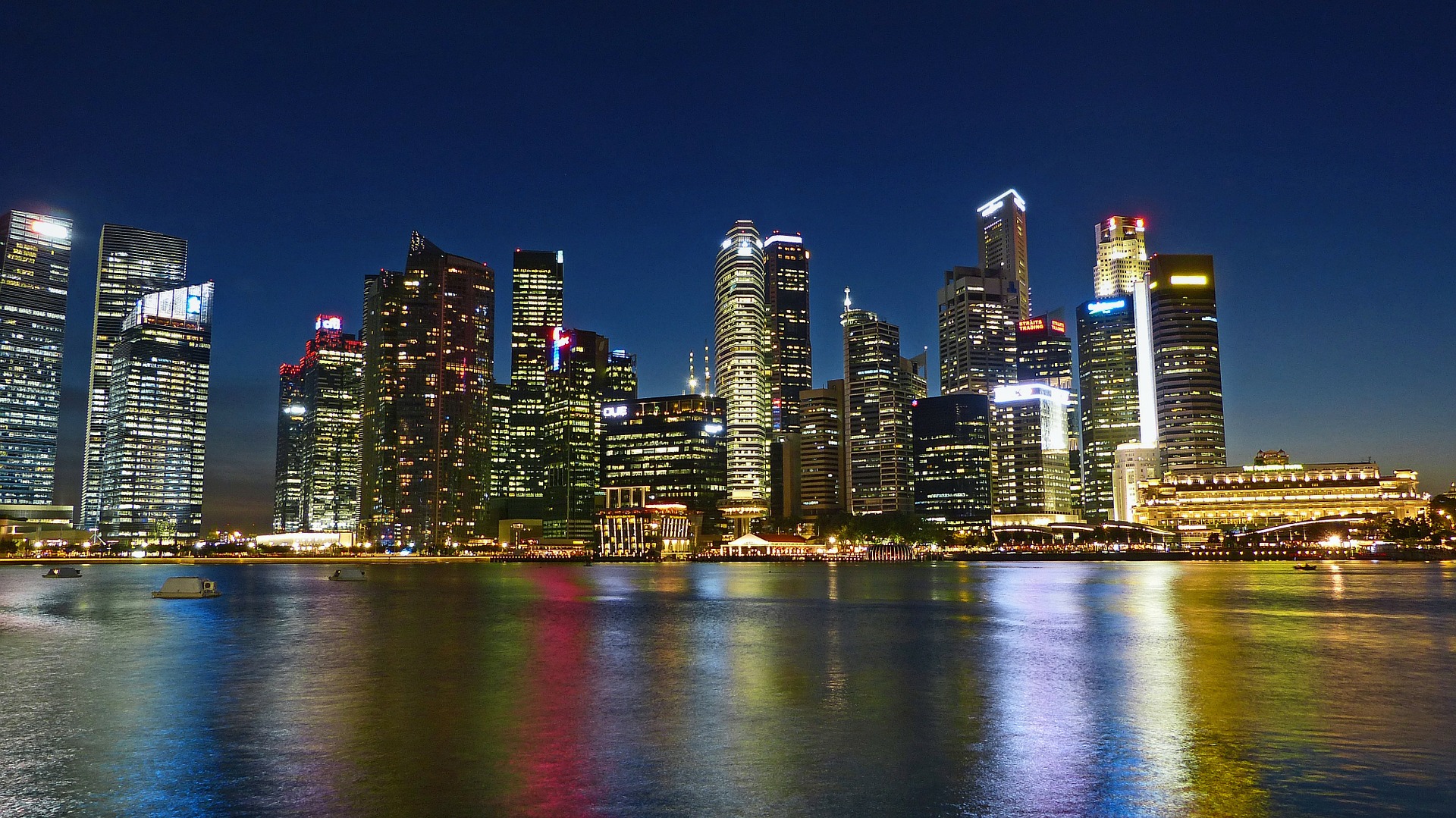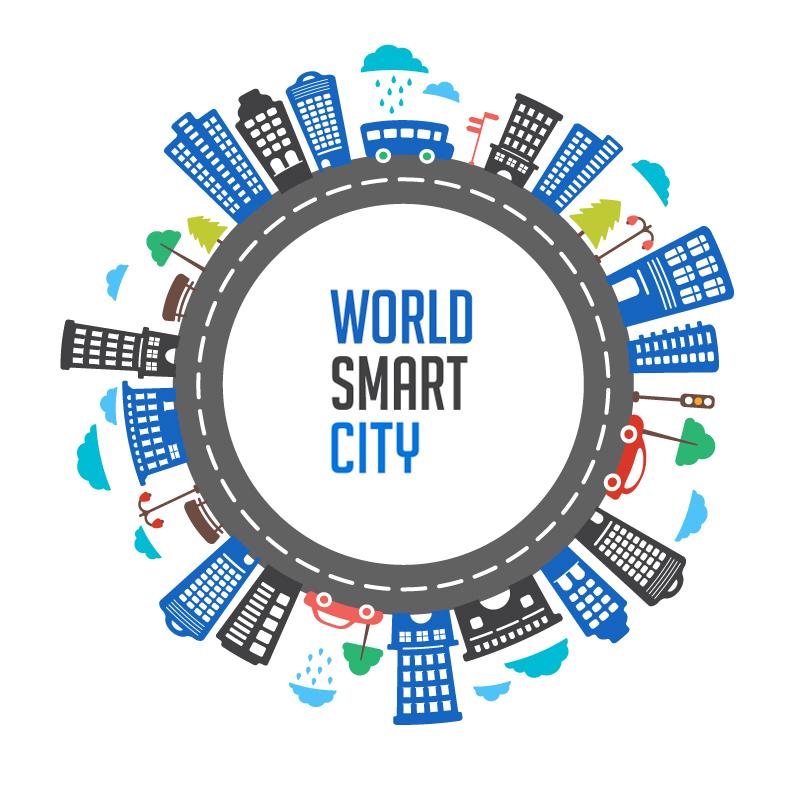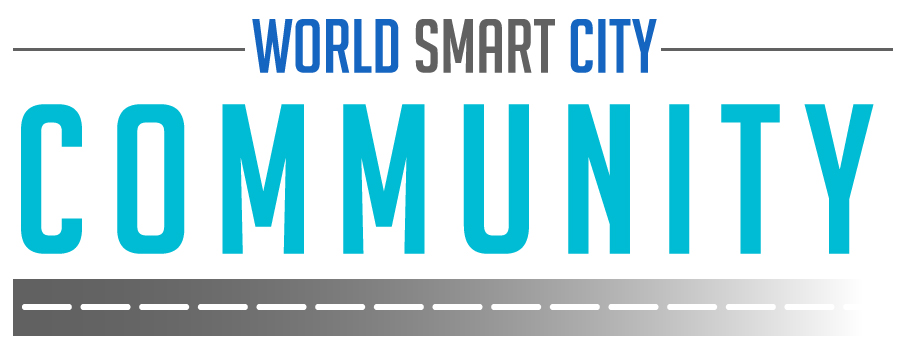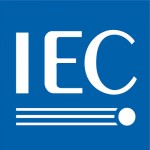2016 Forum event
Programme outline for 13 July
9:00 to 9:05 Mr Gordon Feller, Moderator, Meeting of the Minds
9:05 to 9:10 Mr Frans Vreeswijk, General Secretary & CEO, IEC (slides)
9:10 to 9:15 Mr Kevin McKinley, Acting Secretary General, ISO (slides)
9:15 to 9:20 Dr Chaesub Lee, Director, ITU-T (slides)
9:20 to 9:30 Opening Speech - Hon. Won Hee-Ryong, Governor, Jeju Provincial Government
9:30 to 9:40 Keynote Address - Mr TAN Kok Yam, Smart Nation Programme Office, Prime Minister’s Office, Singapore (slides)
9:40 to 10:50
Panel Session 1
Smart City pain point – Energy
Cities are giant systems with countless subsystems which require electricity for almost everything. Electricity fuels our cars, subways and trains. It cools, heats and lights our homes and businesses. It pumps our water and processes the food we eat. It energizes our telecommunications, web servers and data centers. Modern city management as well as efficient urban infrastructure would be impossible without a reliable electricity access and the ability to horizontally interconnect individual city systems. In short: no electricity = no Smart City.
Mr Richard Schomberg, EDF Group
Mr John Smiciklas, BOMA Canada
Mr Sicelo Xulu, City Power Johannesburg
Dr Yoshiaki Ichikawa, Hitachi Ltd
10:50 to 11:20 Morning break
11:20 to 12:30
Panel Session 2
Smart City pain point - Water
A smart city is a city that is water resilient and attractive and makes responsible use of its resources. Appropriate water management not only preserves and improves the environment, it also increases social welfare and the well-being of citizens. A smart, integrated set of technologies, solutions and systems can enable continous monitoring, diagnosis and prioritization as well as facilitate maintenance and the management of issues. Data can help optimize all aspects of water production, distribution and treatment allowing cities to reach those objectives. The session will address pain points many cities experience today and point to possible solutions.
Ms Diane d’Arras, International Water Association
Ms Alicia Asin, Libelium
Mr Ziqin Sang, Fiberhome
Mr Trevor Gibson, Opportunity Peterborough DNA
12:30 to 13:30 Lunch
13:30 to 14:00
Post lunch Speeches (10 min. each):
Mr Graham Colclough, Urban DNA (slides)
Ms Tania Marcos Paramio, Spanish Government (slides)
Mr Nicholas You, UN-HABITAT (slides)
14:00 to 15:10
Panel Session 3
Smart City pain point - Cybersecurity and privacy
Citizens around the world are witnessing an urban renaissance. Cities are vibrant centres of modern life. They increasingly depend on information and communications technology (ICT). With it the cybersecurity threat landscape for cities is evolving, from breaches of city data to more malicious attacks on urban infrastructure. The potential impact of cybersecurity attacks is of a magnitude that rivals with major natural disasters. A leading panel of international experts will lead a conversation on latest policies and essential governance priorities every Mayor and City Administrator needs to know to be confident their city is positioned for vibrant growth.
Mr Dave Welsh, Microsoft
Ms Indrani Chandrasegaran, Symantec
Mr Younus Al Nasser, Smart Dubai Office
Dr Biyu Wan, China Smart City Planning & Design Research Institute Co.
15:10 to 15:40 Afternoon break
15:40 to 16:50
Panel Session 4
Smart City pain point - Transportation and mobility
Where and when have cities been successful in re-engineering the way goods and people move into and out of the city ? And where and when have they failed? These are amongst the questions which will be debated by our panelists, each bringing a different perspective with decades of experience working with both city leaders and the emerging solutions that cities are now adapting to their needs.
Mr Hiro Sakai, Railway Technical Research Institute, Japan Railways
Mr Blair Ruble, Woodrow Wilson Center for Scholars
Mr Bob Deiter, Cubic Transportation Systems, Inc.
Mr Gordon Feller, Meeting of the Minds
16:50 to 17:30
Wrap-up
Moderation: Mr Gordon Feller, Meeting of the Minds
Videos
Opening Speeches
Panel Session 1 - Smart City pain point – Energy
Panel Session 2 - Smart City pain point – Water
Post lunch Speeches
Panel Session 3 - Smart City pain point – Cybersecurity and privacy
Panel Session 4 - Smart City pain point – Transportation and mobility & Closing Remarks
“With this initiative the IEC aims to encourage broad collaboration between all the organizations, which have to work together to make Smart Cities a reality.”
“By 2050 cities are projected to house around 70% of the world’s population. International Standards help these urban areas to become more connected, more sustainable and to cope with this growing and ageing population.”





